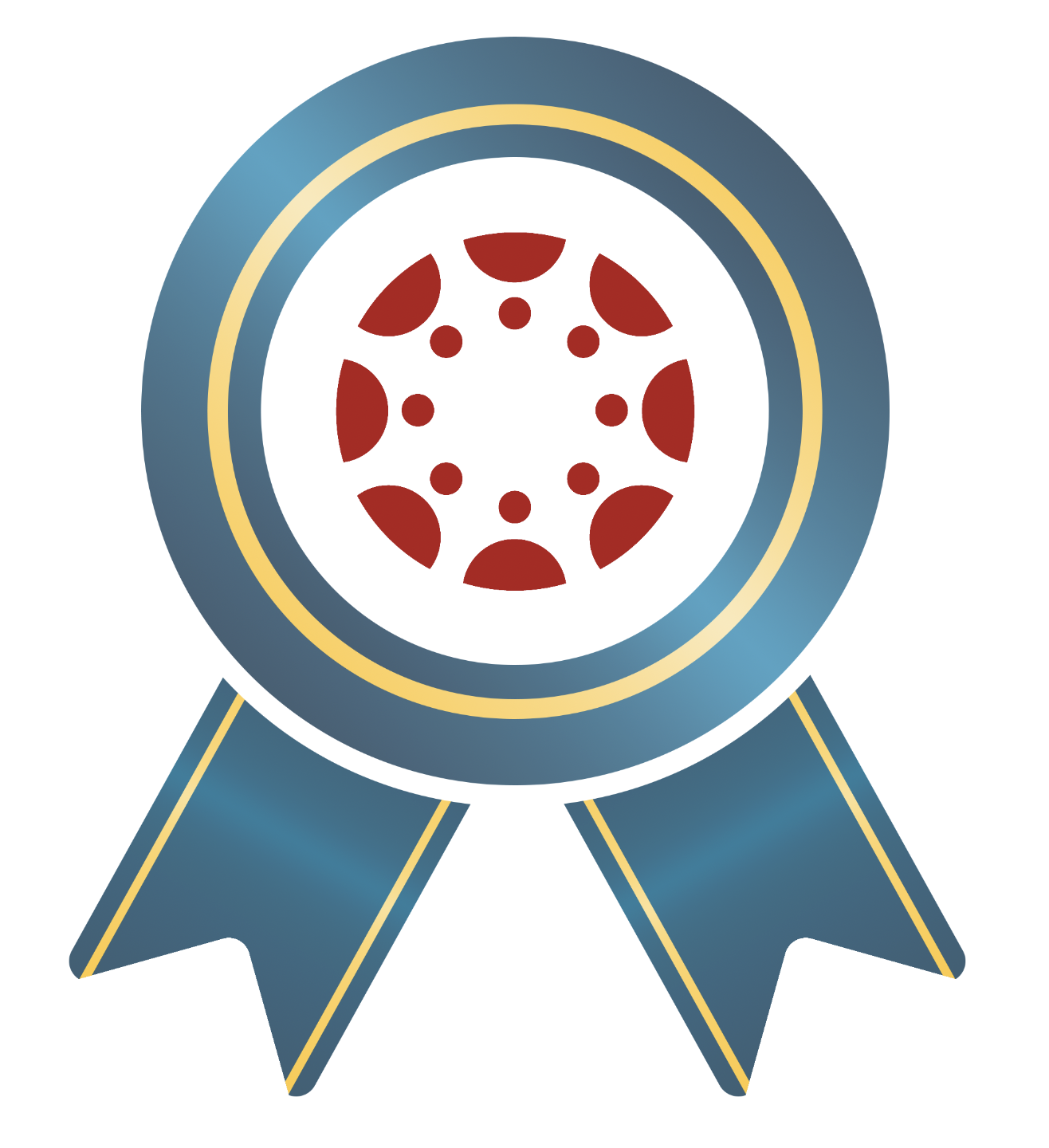Canvas Course Spotlight
Debuting in Spring 2025, the Canvas Course Spotlight program offers Cornell students the chance to highlight and recognize design elements of Canvas courses that have positively impacted their learning experience. The program solicits feedback, or recognitions, from students via an online survey. Once reviewed, course recognitions are sent to course instructors. Recognitions are also reviewed to determine whether any courses stand out among feedback received that semester.
The cumulative feedback received in Spring 2025 was carefully analyzed and categorized to identify the Canvas course design elements that mattered most to Cornell students. Analysis showed that the majority of student recognitions could be clearly grouped into seven key areas of course design, with the percentage of related comments for each area listed below.
- Organization – 72%
- Navigation – 44%
- Assessment – 28%
- Communication – 24%
- Clarity – 17%
- Timeliness – 11%
- Flexibility – 6%
Learn about five Canvas course design elements that students consistently praised in their Spring 2025 responses.
In Spring 2025, three courses surfaced, each recognized in five or more of the course design areas listed above. The courses below were publicly recognized in a Canvas Course Spotlight Recognition ceremony during our What Works: Creating Engaging Learning Experiences event.

2024-2025 Canvas Course Spotlight Recognitions

CS 2800 Mathematical Foundations of Computing (2024FA)
Matthew Eichhorn
Lecturer, Department of Computer Science, Cornell Bowers CIS
Categories: Organization, navigation, communication, assessment, timeliness, flexibility, and clarity

ILROB 3760 Sport Psychology (2025SP)
Emily Zitek
Associate Professor, Department of Organizational Behavior, College of Arts & Sciences and School of Industrial and Labor Relations
Categories: Organization, navigation, communication, assessment, and timeliness

CHEM 2510: Introduction to Experimental Organic Chemistry (2025SP)
Cynthia Kinsland
Senior Lecturer, Department of Chemistry & Chemical Biology, College of Arts & Sciences
Categories: Organization, navigation, communication, assessment, and flexibility
